Human Growth Hormones As We Age
HGH, Human Growth Hormone, is a driving factor in stimulating the rapid growth that occurs in adolescence. At about the age of 15 HGH production declines. It continues to decline throughout adulthood. There are also a variety of genetic, dietary, and lifestyle factors that can impact HGH production. As for diet, one study in particular assessed carbohydrate intake. This means a high carbohydrate diet produced low HGH specifically for men in the study.
Additionally, poor sleep has been linked to low HGH production. Subjects with a normal sleep time had peak of up to 6 times more HGH than those subjects with a delayed sleep time. Sleep is directly related to the amount of HGH secreted by the pituitary. Emerging research has also indicated traumatic brain injury as a potential disruptor of HGH production.

Signs of low hgh
- Decreased Muscle mass
- Increased fat mass
- High Cholesterol
- High Blood Sugar
- Diminished Exercise Capacity
- Decreased Heart Function
HGH also plays the role of a master signaling hormone because not only does it directly influence cell metabolism, but it also influences the production of other hormones and protein synthesis.
benefits of hgh
By increasing the levels of HGH, through growth hormone therapy, we can slow, or reverse the effects of aging. Studies in men have shown improvements in:
- Muscle Strength
- Muscle Size
- Body Fay Loss
- Exercise Tolerance/Endurance
- Skin Texture
- New Hair Growth
- Sexual Potency/Frequency
- Hot Flashes
- Energy Levels
- Memory
Ageless Medical Spa
Now that you know what you want, ready to make that appointment?
Discover more from Ageless Medical Spa
Subscribe to get the latest posts sent to your email.
